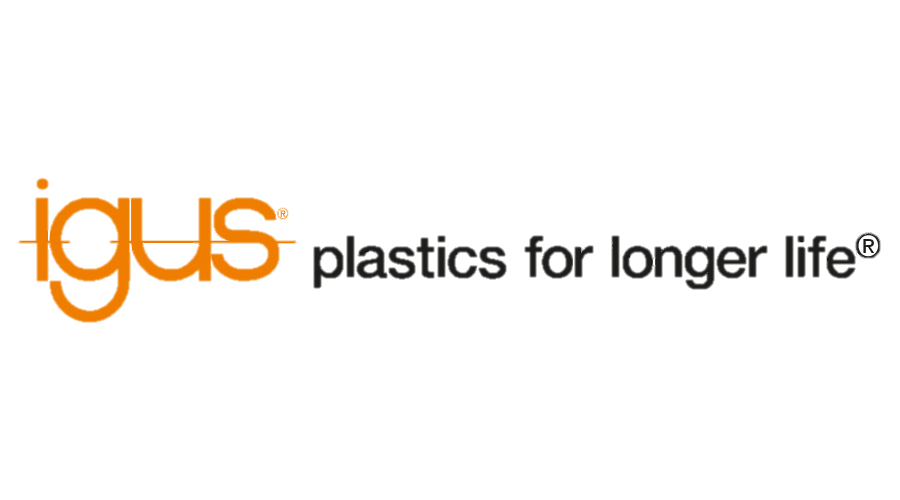
Discover igus
Improve technology and reduce costs with high-performance plastics
- The benefits of igus products are as individual as your requirements.
- Unique to igus is certainly the service life prediction for its products.
- The best bearing technology cannot prove its added value if the machine is not in operation at all - because it does not get any energy.
- igus energy chains and motion-optimized cables were developed to prevent failures and enable long service lives.
About igus
The world of motion plastics
igus is a family-owned company founded on October 15, 1964 by Margret and Günter Blase with headquarters in Cologne, Germany, and employs 4,600 people worldwide at 31 locations in over 80 countries.
The world is on the move. And where things move, igus comes into play: improve what moves. This guiding principle drives igus as a manufacturer. By developing products made of low-wear, high-performance plastics, you improve movement worldwide - and made in Germany. Your motion plastics are products from the fields of energy chains, cables, plain bearings, linear technology, semi-finished products, 3D printing, low-cost automation and intelligent sensor technology.
Motion is omnipresent. igus sees this every day when you get to accompany your customers on exciting projects. Today, you serve 188,000 companies in over 80 countries around the world. In 50 different industries, such as the automotive or packaging industry, railroad or agricultural technology, machine tool manufacturing or the renewable energy sector, igus works together to find the best solution for every application.
Improve technology and reduce costs - with high-performance plastics
Unique to igus is certainly the prediction of the service life of its products and the free online tools with which the service life can be calculated. Where does igus get the data from? From its test lab, which is also unique in the industry with a size of 3,800 m² and over 15,000 tests per year. And from its customers, who provide valuable information for development with their requirements and feedback. More and more of your products are also available as Smart Plastics, where the material condition can be monitored and a possible replacement reported in good time.
The materials and designs of igus technology are diverse: high-temperature, food-safe, heavy-duty, UV and chemical-resistant, plain bearings, linear technology, self-aligning bearings, gears, threads, 3D printing, automation and much more. Friction optimization is at the heart of developments. All material mixtures are optimized with filler and solid lubricants to achieve low friction values and eliminate the need for external lubrication. There are no lubrication intervals for trouble-free operation. igus technology runs without maintenance interruption as long as the conditions permit. And since igus materials are designed for many conditions, this can be very long compared to other materials.
igus stands for sustainable innovations
How sustainable are plastics for movement? Aware that high-performance plastics can contribute to the conservation of resources and the environment, igus has placed this aspect at the center of its corporate activities.
In doing so, igus considers plastics in three phases: During production, during use, and at the end of the product's life. Both in relation to its own products and in relation to everyday life at igus. igus plastics are optimized for wear. They do not corrode and are not contaminated by grease and dirt. They last longer and need to be replaced less often. Their service life can be calculated very precisely by numerous tests in the igus test laboratory.
igus plastics are tribologically optimized and have low friction. Together with the lower weight, this means that less drive energy has to be used in an application to move a machine part.
Plastics are lighter than steel. In use, this saves weight and thus energy that has to be expended for movement. For example, it is about 4 kg in an airplane that uses iglidur plain bearings in the passenger seats instead of metal bearings. And that has a positive effect on fuel consumption.